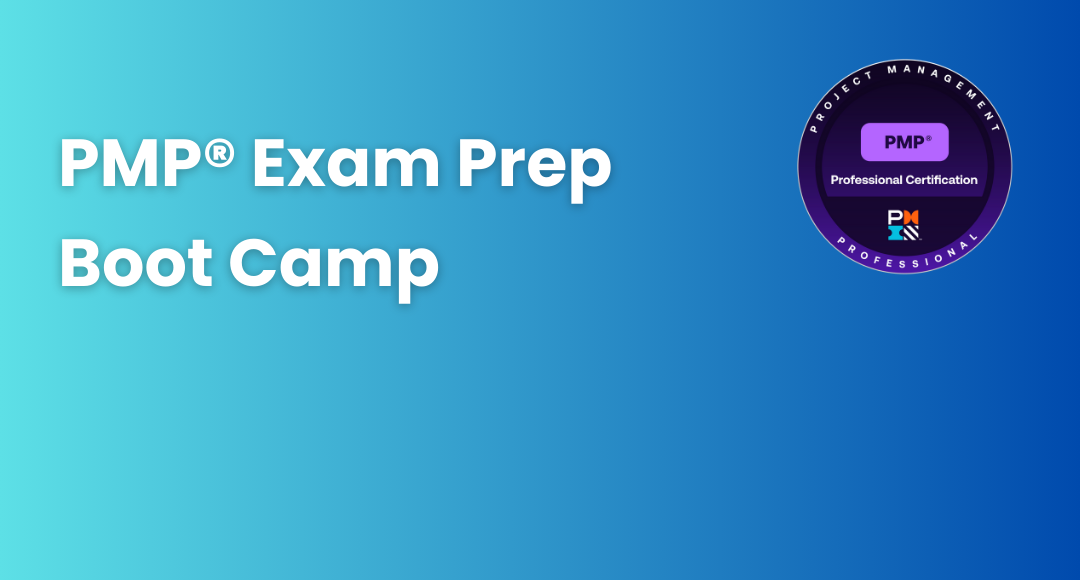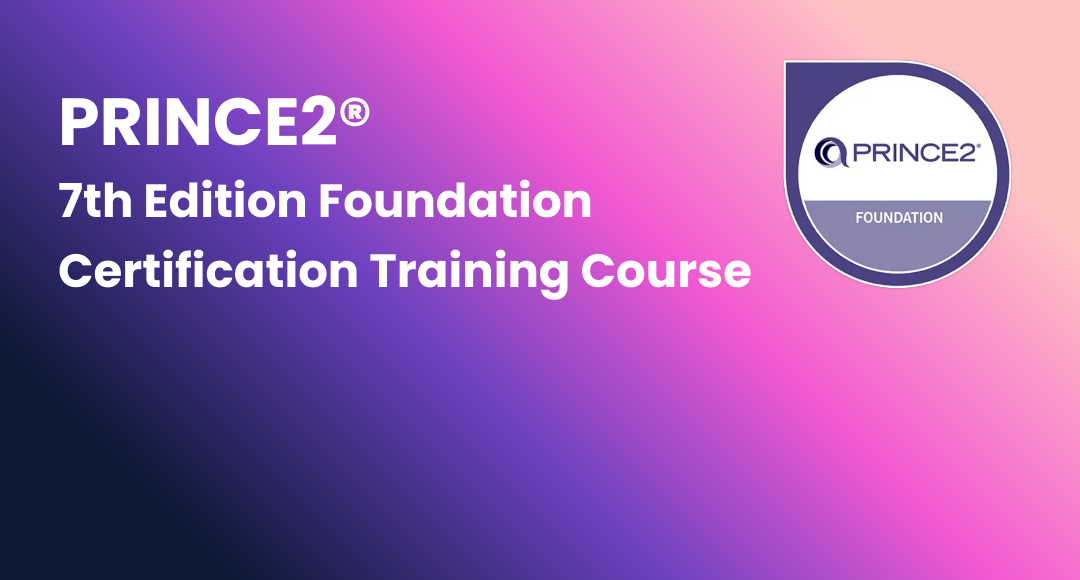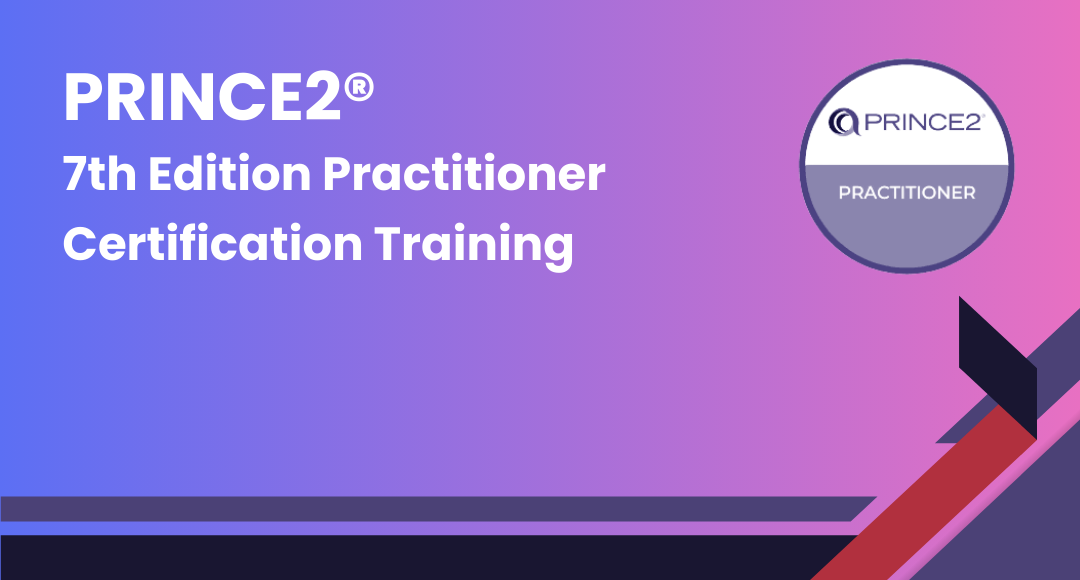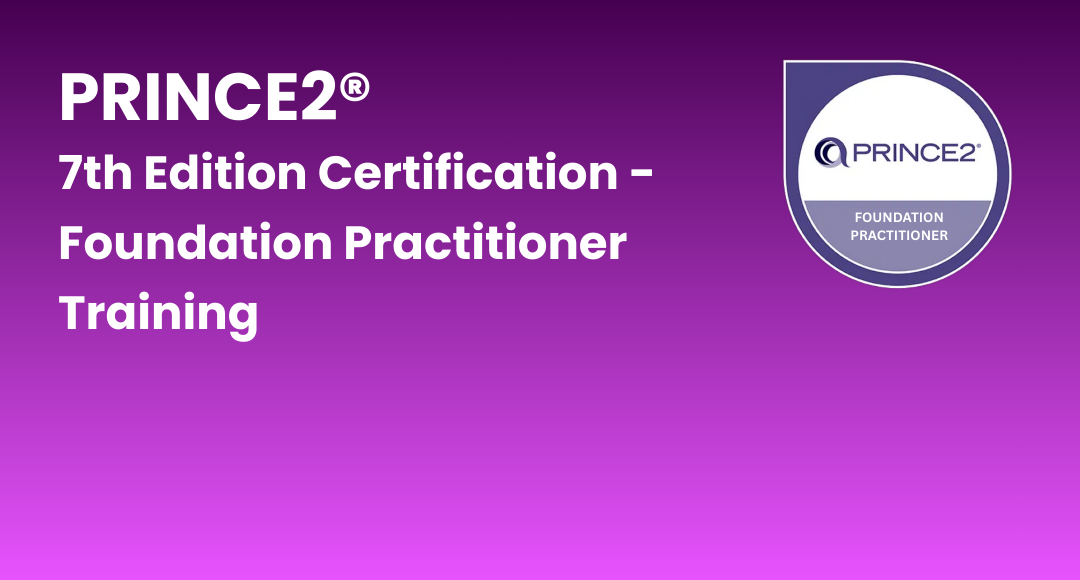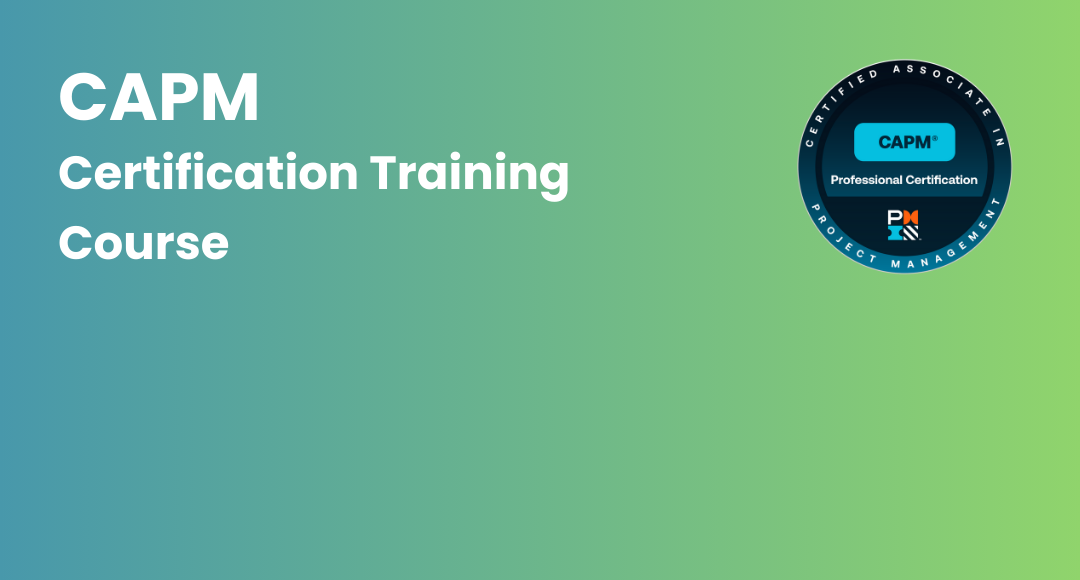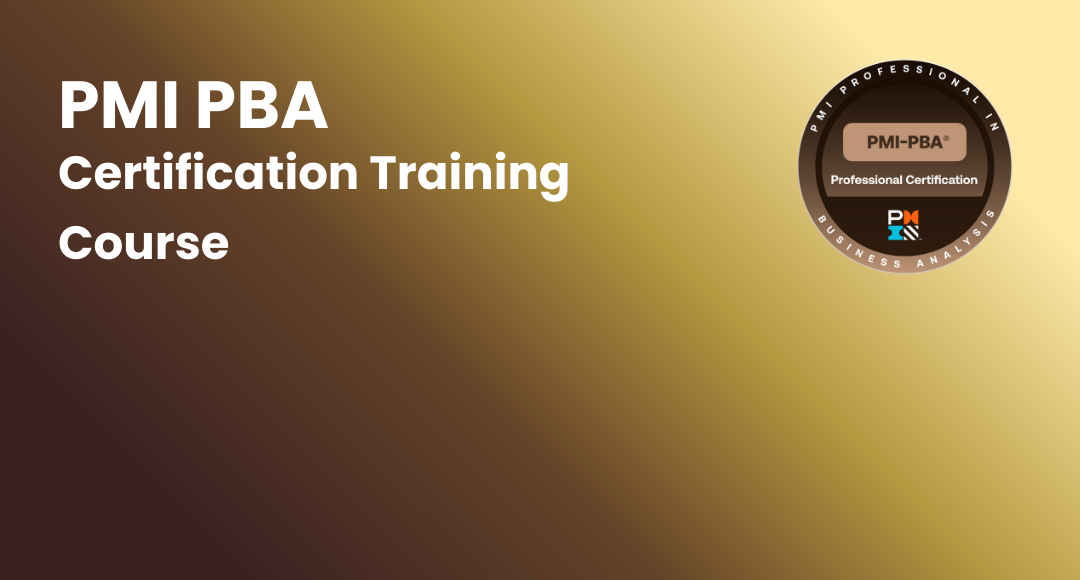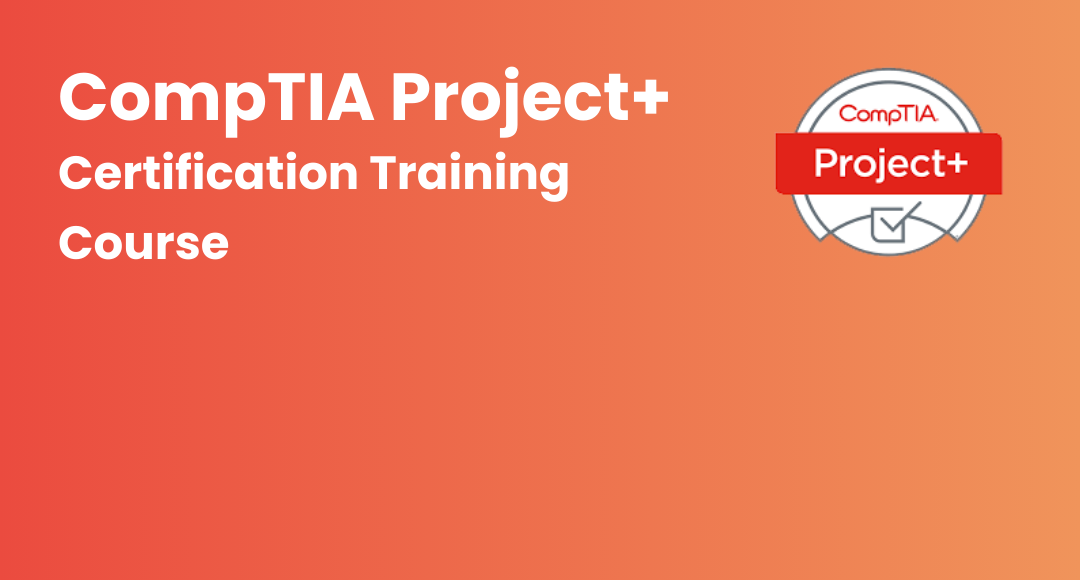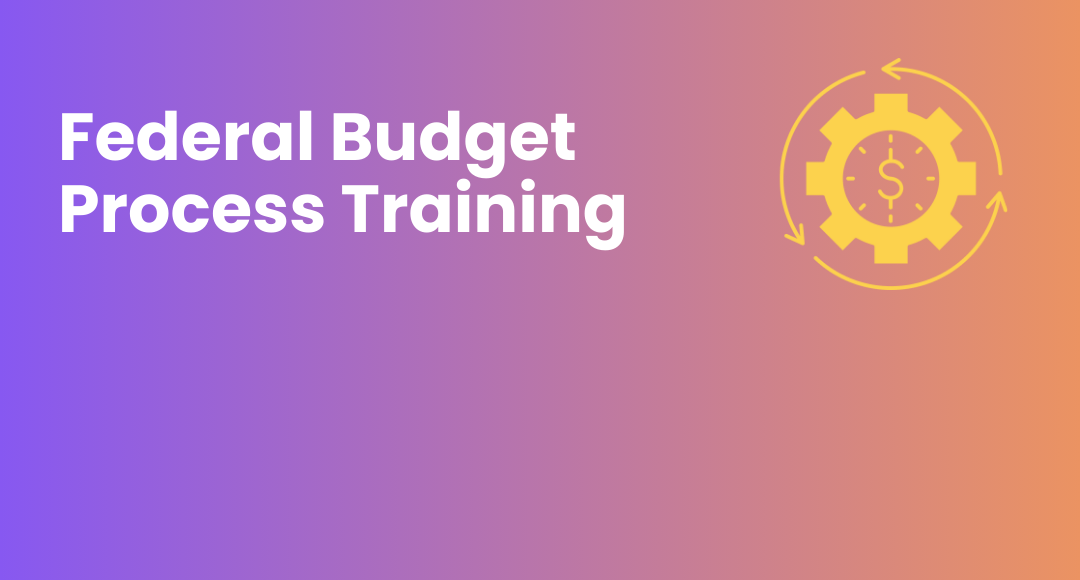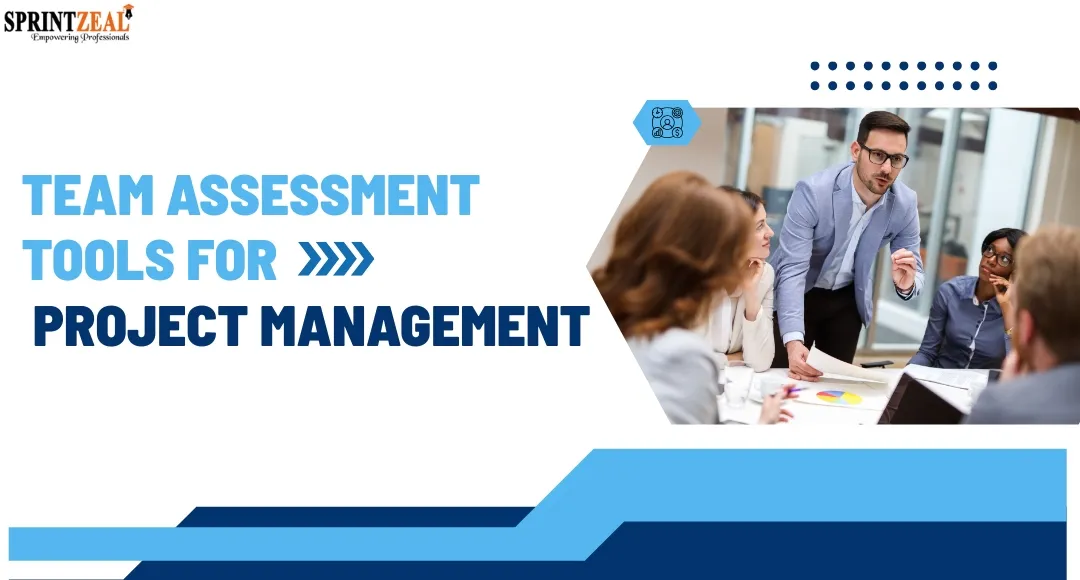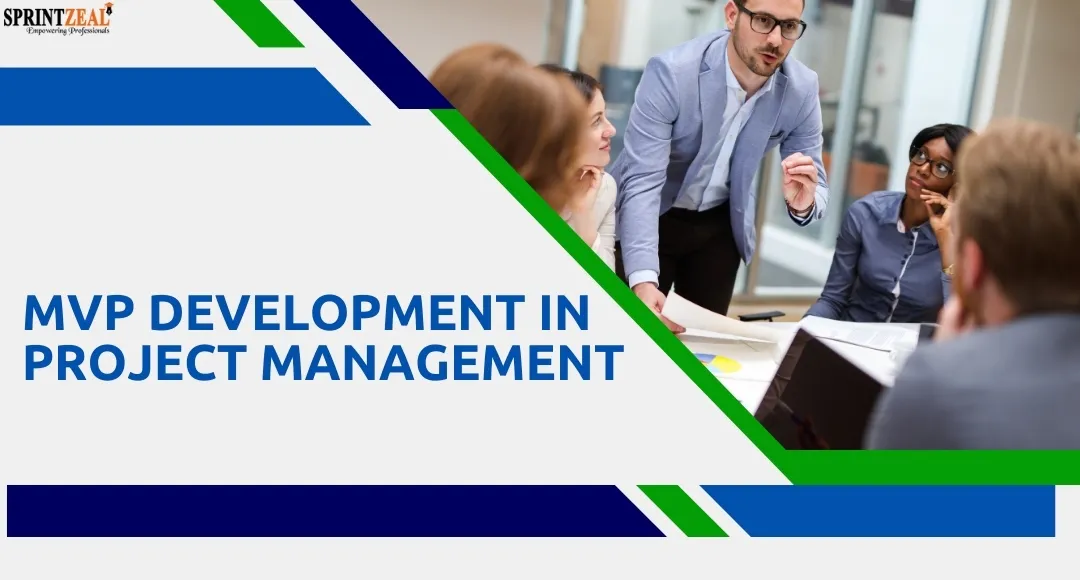Conflict Resolution in Project Management
-
 By Nchumbeni Yanthan
By Nchumbeni Yanthan
- Published on Nov 21 2024

One of the ultimate confessions of project management is to get ready with ways and skills to manage conflict resolution. No projects pass by without numerous conflicts.
Therefore, to diffuse and plant a solution is to integrate the right conflict management approaches fitting to the situation. The process of conflict resolution varies on the conflict resolution types.
The strategies for conflict resolution in the workplace to function with several differences require smart conflict resolution techniques. The conflict resolution team can take steps of conflict resolution to dissolve the conflict meticulously and follow constructive ways to make a sustainable friendly environment.
Table of Contents
What is Conflict Resolution?
Conflict resolution involves the action to minimize, resolve and eliminate dynamic forms and types of conflicts. The aim is to determine whether there are any conflicts of interest within the parties of the project. It is to find and fix the negative cause of conflict and prioritize the positive outcome of improving learning in an organization.
Conflicts should be addressed as early as possible or in a confidential, using the means of direct as well as collaborative means.
The team also seeks ways to define conflict resolution in which a business can benefit and get effect from types or levels of conflict.

The conflict resolution model focuses on segregating two means of conflict as:
Healthy Conflict
Diverse parties respect various opinions
Calm and non-defensive
Willingness to pass the issue
Seek Compromise
Focus Resolution
Unhealthy Conflict
Lack of respect for various opinions
Explosive, defensive, and passive
Trying on winning the conflict
Lack of compromise
Fear of conflict
6 Main Sources of Conflict in the Workplace
6 Main Sources of Conflict in the Workplace
Conflict at the workplace can come from many different sources that disturb the atmosphere. These include differences in personality, communication breakdowns, competing goals, unclear roles, resource limitations, and organizational changes.
- Moral Value Conflict:
Moral value conflict arises when employees have differing mismatched beliefs and opinions on religion, politics, culture, and ethics. Moral wrongdoing in the workplace often occurs due to personal ethics, cultural background, or experiences. This can cause tension and hinder collaboration.
- Power Conflict:
Power conflict, which frequently leads to stress, animosity, and decreased cooperation, is the outcome of rivalry for influence, power, or control inside an organization. Addressing these requires clear communication, fair leadership, and transparent authority distribution.
- Economic Conflict:
Economic conflict in the workplace results from disputes over resources, which, if not addressed by just and open decision-making processes, can affect teamwork and productivity. In order to acquire financial or personnel resources, two parties are in competition.
- Interpersonal Conflict:
The struggles between two team members or parties who perceive a lack of cooperation, communication gaps, needs, goals, or approaches to communication or work styles. Resolving conflicts and strengthening interpersonal ties require identifying these underlying causes.
- Organizational Conflict:
Understanding the causes of organizational conflict is essential to its successful resolution. These causes include opposing aims, confusing responsibilities, organizational shifts, conflicting personalities, inefficient communication, and limited resources.
- Environmental Conflict:
Environmental conflict arises from various factors such as competing interests, conservation values, unequal access to resources, and environmental degradation impacts. Finding these sources is essential to solving disputes and achieving permanent solutions.
Top 5 Conflict Resolution Practices for Project Management
A project manager must be keen on the types and examples of conflict resolution skills, to check with natural, open conflict, a team issue, and forces a change for alternatives.
Openness does resolve conflicts. Well, a method of conflict resolution should purely focus on:
- Core issues, not personalities.
- Stay put on the present, no past.
- Openness.
- Ready for communication.
Grasping different methods between a healthy and unhealthy conflict helps you define the ideal resolution. It is helpful to run the conflict resolution methods, particularly to project any team size in the right direction.

Some of the five conflict resolution strategies that resource teams use to handle conflict include the following points.
Practice 1: Avoiding (or Withdrawing)
This strategy aims to dissolve conflict by ignoring the scenario. This withdrawal from further engaging in the conflict occurs when the uneasiness of confrontation crosses the expected result of the resolution of the conflict.
Avoidance should not be a substitute for resolving conflicts unless to calm the situation.
This type of method does not contribute to control over a proper conversation but widens gaps in disengagement to the matter. Nothing gets fixed.
Practice 2: Competing
Usually, this method among the conflict resolution steps completely fails to agree on the opposite coworker's point of view and prepare to win over.
Conflict-competing people start being assertive over the other one. A strategy where there is no space for different perspectives to sound well together.
In a workspace, competing is rarely a suggestion for solving any group issues.
Practice 3: Accommodating (or Smoothing)
Smoothing is a strategy where one party opts to surrender in accepting the demands of another party. The give-in party is being cooperative. Also, a considerate way to give in when one finds out that the other one is at fault in an argument.
The con to this strategy is that one party finds that the party entertains another party to maintain harmony just to avoid conflict. Thus, the conflict remains unresolved.
Practice 4: Collaboration (or Confronting)
Collaborating is one of the methods to dissolve the conflict in the major issues popping up to bring about the scenario. Both parties are ready to address their disagreements, negotiate and move to solve a dispute. Here, the party’s needs and wants are taken, so it is satisfactory on both ends.
This practice is a win-win and is found effective for the best long term results, but hard and time-consuming to follow.
Generally, a tactic like this encourages a healthy circle to look for a potential solution and past the issue to expect good results. A shared solution everyone can support.
Practice 5: Compromising
Both parties get involved in the conflict to obtain something. This solution partially satisfies both parties. Compromise makes a good umbrella for everyone to give their goals and ideas, but, a poor roof for everyone to get satisfied.
Nothing beats best as “Compromise is the best and cheapest lawyer to a conflict” with the final outcome. Here, both parties are both assertive and cooperative.
Measures to Quickly Manage Conflicts
The effective tips to manage the conflict are as follows;
- Maintain calmness and try to establish a dialogue
- Refrain from taking sides
- Find out the root cause of the conflict
- Give chance to both parties to talk
- Identify measures to resolve problems
- Find shared goal and drive an agreeable solution
- Analyze how the decision was made
- Make preparation to refrain from various future conflicts
Start Right, Start Strong - Benefits of Conflict Resolution
It’s very important for a leader, project manager, or even a team member to know how to master skills to resolve conflicts and communicate in situations.
Each practice is useful, having its own sets of pros and cons to it based on the situation.
Conflict is an unavoidable reality in the workplace. Smart organizations are aware of it and prepare their management with proper conflict resolution to handle and resolve the workplace quickly and effectively.
Conflict resolution enhances better communication and workplace morale. Innovative and creative ideas can result from constructive disagreement when addressed correctly.
Let's explore some of the key benefits of conflict resolution:
- Improved Communication:
One of the positive outcomes where it fosters effective communication by allowing conflicting parties to actively listen and express their thoughts without judgment. This process reduces misunderstandings and improves teamwork. This process helps reduce misunderstandings and improves overall teamwork.
- Enhanced Relationships:
Another positive outcome where it enhances relationships by fostering mutual understanding and trust among team members. This deepens trust, allowing open dialogues and fostering a safe environment for sharing ideas. This mutual respect strengthens team bonds and fosters a more cooperative environment.
- Increased Productivity:
Conflict resolution techniques help employees manage stress and focus on tasks. Addressing disagreements in projects can increase productivity and foster innovation. Effective conflict resolution also helps teams navigate differing viewpoints, leading to growth and learning opportunities.
- Enhanced Problem-Solving Skills:
Conflict resolution improves team problem-solving skills by identifying root causes, considering alternatives, and reaching agreeable solutions, thereby becoming an asset to organizations facing complex issues.
- Creating a Positive Work Culture:
Addressing conflicts directly can boost team morale and productivity, reducing the negative impact of unresolved disputes. This proactive approach encourages open dialogue and constructive problem-solving, benefiting individuals and the organization's overall success.
To gain knowledge about conflict resolution and other areas of project management, enroll in our Conflict Resolution Training and PMP Certification Training. This program is designed and conducted by industry experts. Chat with our course executive to get complete details.
Frequently Asked Questions
1) What is an example of conflict resolution?
Given below are the varying prominent examples of conflict resolution:
- An coworker believes they have faced racial discrimination or harassment
- An employee with sexual harassment
- Miscommunication leads to disagreements
- Clashing of perspectives and working style
With the above scenario, the best solution a project manager would bring to conflict resolution is by listening to both parties, explaining, and brainstorming solutions together.
2) How do you improve conflict?
A good leader can improve conflict by taking all the right measures suitable for the circumstance by staying cool, negotiating, communicating, consolidating, and many more.
3) Why is conflict resolution important?
For the group to motivate and bring success together in harmony, conflict resolution plays equally important as any factor in project management.
Multiple unpredictable conflicts do occur during the project lifecycle progress and without conflict resolution; it is a surely slow growth of success, high disagreement, worst case, and low satisfaction to the peers.
4) How do you handle conflict?
There are numerous ways to handle conflict. The best ways involve:
- Avoid talking when things need to cool down.
- Not to blame or pinpoint.
- Be patient and justify without judgment.
- Communicate.
- Compromise on the middle ground to bring a shared solution.
5) What is conflict resolution in project management?
Conflict resolution in project management involves identifying and addressing disagreements or disputes within a project team to ensure smooth collaboration and project success.
6) What are the 5 conflict resolution strategies?
- Avoiding: Ignoring the conflict.
- Accommodating: Yielding to others' demands.
- Competing: Asserting one's viewpoint at the potential expense of others.
- Compromising: Finding a middle ground.
- Collaborating: Working together to find a mutually beneficial solution.
7) What are the 5 skills for conflict resolution?
- Effective Communication: Clearly conveying thoughts and actively listening.
- Empathy: Understanding others' perspectives.
- Problem-Solving: Identifying solutions that satisfy all parties.
- Negotiation: Reaching agreements through discussion.
- Emotional Intelligence: Managing emotions constructively.
Popular Programs
CAPM® Certified Associate Project Management
Live Virtual Training
- 4.8 (962 + Ratings)
- 38k + Learners
Trending Posts
7 Team Assessment Tools for Project Management
Last updated on Jan 8 2026
How MVP Development Is Transforming Project Management
Last updated on Jan 12 2026
Hybrid Project Management Guide 2026
Last updated on Apr 25 2023
Project Report and its Significance in Project Management
Last updated on May 15 2023
3 Real Disasters That Teach Critical Project Risk Planning Lessons
Last updated on Jun 18 2025
What Are Project Fundamentals? A Quick Guide
Last updated on Jul 5 2023
Categories
- Other 75
- Agile Management 49
- Cloud Computing 58
- Project Management 175
- Data Science 69
- Business Management 88
- Digital Marketing 86
- IT Service Management 36
- Programming Language 61
- AI and Machine Learning 91
- IT Security 113
- Quality Management 78
- IT Hardware and Networking 27
- Microsoft Program 5
- Workplace Skill Building 15
- Risk Management 9
- Information Security 8
- Leadership and Management 9
- Corporate Training and Development 1
Trending Now
Issue Log in Project Management - Uses and Importance
ArticleSupply Chain Response And The Factors Involved In It
ArticleBest Agile tools for Project Managers in 2026
ArticlePMI-PMP® Exam Changes Explained in 5 Minutes
ebookProject Initiation Phase - Importance and Roles Involved
ArticleDelphi Technique and Its Role in Project Management
ArticlePMBOK Guide and Project Management Certification Updates 2026
ArticleHow to Use Google Calendar as a Project Management Tool
ebook10 Reasons Why You Should Get PRINCE2 Certification
ArticleCAPM Cheat Sheet 2026
ArticleCAPM Certification Study Guide
ArticleCAPM Certification Exam Preparation Guide 2026
ArticleTop Benefits of CAPM Certifications
ArticleGuide to Advancing Project Management Career with PMP Certification
ArticlePMP Vs PRINCE2 - Which Project Management Certification is Better?
ebookProject Management Interview Questions and Answers for Managers
ArticleProject Management Software to Use in 2026
ebookBest project management certifications in 2026
ArticleProject Feasibility Study in Seven Steps
ArticleCAPM vs PMP – Which Project Management Certification Is Better?
ArticleProject Scope Management Guide 2026
ArticleProject Management Complete Guide 2026
ArticleCAPM Exam – Difficulty, Details and Preparation Tips
ArticleWhat is Project Management?
ArticleIs it worth getting the CAPM certification?
ArticleIs PMP Better than MBA?
ebookWhat is PMI ACP certification?
ArticleIs PMP exam difficult?
ArticleIs PMI ACP worth it?
ArticlePMP or CAPM – which is better?
ArticleWhat is pass percentage for the CAPM exam?
ArticlePMP or PMI ACP – which certification should you get?
ArticlePMP Certification Cost Details
ArticleHow to get PMP certification - Guide 2026
ArticleHow to create an effective project plan
ArticleTop Project Manager Interview Questions and Answers 2026
ArticleGuide to Change Management for Organizational Transformation
ArticleResource Manager Interview Questions and Answers 2026
ArticleTop Project Manager Qualifications and Career Path in 2026
ArticleNetwork Diagram - Types, Topology and Use in Project Management
ArticleProject Management Life Cycle and Its Phases
ArticleGuide to Project Management Processes, Methodologies and Lifecycles
ArticleProcess Capability Analysis Explained
ArticleFinancial Risk and Its Types
ArticleConstruction Project Management - Roles, Stages and Benefits
ArticleRisk Management Strategies in Project Management
ArticleProject Management Principles - 12 Essentials
ArticleProject Management Framework Guide
ArticleStrategic Management Guide 2026
ArticleProject Management Books List - Best of 2026
ArticleProject Documentation and Its Importance
ebookProject Management Tips - Best of 2026
ArticleProject Management Apps Best of 2026
ArticleDigital Project Manager – Skills, Salary, and Scope
ArticleProject Communication Plan – How to Create and Use
ArticleEarned Value Management and Its Significance
ArticlePlanning Poker Estimation Technique
ArticleProject Management vs Product Management
ArticleProject Crashing in Project Management
ArticleProject Controlling and its Importance in Project Management
ArticleProject Report and its Significance in Project Management
ArticleEstimate at Completion - Formulae and Calculations
ArticleProject Cost Management Guide 2026
ArticleProduct Lifecycle Management
ArticleProject Portfolio Management Guide
ArticleProgram Manager vs Project Manager - Comparison of Roles and Careers
ArticleWBS Dictionary - A Beginner's Guide
ArticleStakeholder Analysis and Stakeholder Management Guide
ArticleProject Management Phases Explained
ArticleProject Management Knowledge Areas
ebookLeadership Theories for Managers
ebookPMP Pass Rate in 2026 - Guide to Clear the PMP Exam
ebookProject Schedule Management Guide for Beginners
ebookProject Integration Management Guide
ArticleProject Risk Management Guide
ArticleProject Resource Management Guide
ArticleProject Quality Management Guide
ArticleProject Procurement Management Guide
ArticleProject Deliverables in Project Management
ebookPERT vs CPM in Project Management
ebookGantt Charts - The Ultimate Guide
ebookWork Breakdown Structure in Project Management
ebookTop Gantt Chart Makers in 2026
ebookGantt Chart Tools - Best of 2026
ebookHow to create a work breakdown structure
ebookProject Manager Resume Guide – Best Tips and Examples
ebookProduct Management Frameworks - The Ultimate Guide 2026
ebookProduct Planning - A Beginner's Guide
ebookWhat is Product Management? - A Beginner's Guide
ebookGuide to Project Stakeholder Management
ebookPMP® Certification Salary: Job and Salary Scope in 2026
ebookTop Project Engineer Skills
ebookGuide to Technical Project Management
ebookTop 10 project management competencies
ebookNegotiation in Project Management: The Utimate Guide
ebookTime Management in Project Management - Steps to Implement it
ebookTop Program Manager Skills of Successful Program Managers
ebookA Brief Guide to Conflict Management Approaches
ebookWhat is a Risk Management Plan? A Comprehensive Guide
ebookWorkflow Diagram - Steps to Create, Symbols, Types, and Uses
ebookBest Practices to Measure Resource Utilization
ebookWorkload Management: How to Optimize Your Team’s Workload?
ebookWhat is Project Execution? A Comprehensive Guide
ebookProject vs Program Management: Key Differences
ebookKanban Methodology in Project Management – A Complete Guide
ebookHybrid Project Management Guide 2026
ebookProject Characteristics: Key Elements in a Project
ebookThe Ultimate Guide to the Waterfall Methodology in Project Management
ebookProject Budget: Definition, Overview & How to Create One
ebookThe Ultimate Project Kickoff Meeting Guide
ebookProject Timeline: How to Build One, Definitions, and Examples
ebookProject Scope Statement: How to Write One With Example
ebookStatement of Work in Project Management Guide 2026
ebookProject Management in Product Development : Essential Role
ebook10 Best Change Management Tools to Use
ebookMastering Resource Scheduling to Unlock Project Success
ebookProject Risk Analysis: Tools, Templates & Best Practices
ebookHow to Write a Project Summary: Four Easy Steps
ebookTop Leadership Skills: Mastering the Art of Effective Leadership
ebookHow to Write a Project Descriptions: A Step-by-Step Guide
ebookWhat is Project Monitoring? A Comprehensive Guide
ebookWhat Are Project Fundamentals? A Quick Guide
ebookKanban Board: A Detailed Guide to Understanding and Usage
ebook10 Effective Management Styles for Leaders (With Real-Life Examples)
ebookProduct Manager Career Path: What to Expect
ArticleCareer Path for Program Manager - Strategic Navigation for Professional Growth
ebookExploring Career Path for Product Owner
ebookAn Ultimate Guide to Project Coordinator Career Paths
ebookHow to Become an ISO 21502 Lead Project Manager
ArticleWhat are the Basics of ISO 21502 Foundation? A Brief Guide
ebookThe Role and Responsibilities of an ISO 20400 Lead Manager
ArticleEnergy Saving Standards and ISO 50001 Best Practices
ebookComparing Different ISO Certifications for Project and Energy Management
ebookGuide to ISO Certifications for Effective Project and Energy Management
ArticleWhy ISO 50001 is the Perfect Match for Energy Efficiency?
ArticleAI Tools for Project Managers: A Game Changer for Project Success
ArticleAbout Disney’s Project Management: Where Magic Gets Real
ArticleMcDonald's Recipe to Success - A Perfect Project Management Case Study
ArticleToyota’s Project Management: A Road to Greatness and Innovation
ArticleNetflix's Binge-Worthy Project Management
ebookUnder Armour’s Project Management Approach
ArticleWipro Project Management: Core Lessons from Tech Giant
ArticleProject Management at Google: Tools and Success Stories
ArticleCoca-Cola Project Management Strategy and Key Insights
ArticleAI in Project Management: Transforming the Future of Work
ArticleBehind the Scenes: How Apple Executes Projects with Flawless Precision
ArticleTesla's Advanced Project Management: Accelerating the Future
ArticleBeats to Business: Spotify's Project Management to Redefine Music
ArticleTop AI Project Management Software to Elevate Your Workflow
ArticleProject Management Office: Step-by-Step Guide to Start a PMO
ArticleWhat is a Project Management Information System?
ArticleHow Microsoft Balances Innovation and Project Management?
ArticleWhat is Agile Project Management? A Beginners Guide
ArticleIKEA Project Management: What to Learn and Stay Competitive
ArticleHow Did Nike Become a Global Leader?
ArticleIntel's Master Project Management Formula
ArticleSamsung Pioneer in Project Management: The Secret Behind It
ArticleAmazon Logistics Strategies That Dominate Retail
ArticleRemote Project Management Success: Key Strategies and Career Opportunities
ArticleStreamlining Workflows: The Best Digital Tools for Professionals
ArticleUnderstanding the Financial Risks in Sponsorships and How to Avoid Them
Article3 Real Disasters That Teach Critical Project Risk Planning Lessons
ArticleInterview scheduling automation: Streamlining the candidate experience
Article3 Quality Gaps That Can Ruin Your Project Outcomes
ArticleBest 4 Construction Drawing Management Tools to Boost On-Site Efficiency
ArticleEssential Jira Interview Questions for 2026
ArticleProduct Development Cycles That Keep Innovation on Schedule
ArticleSmarter Projects with AI
ArticleLegal Project Management for PMs: A Practical Starter Guide
ArticleProject Manager Job Description: Roles, Responsibilities, and Skills
ArticleProduct Analyst Job Description – Key Duties and Career Path
Article7 Team Assessment Tools for Project Management
ArticleHow MVP Development Is Transforming Project Management
ArticleWhy AI for Project Management is the Great Reset for Leadership
ArticleDo you know?
Conflicts that are addressed early are 67% more likely to result in a positive outcome, as unresolved conflicts often escalate over time.


